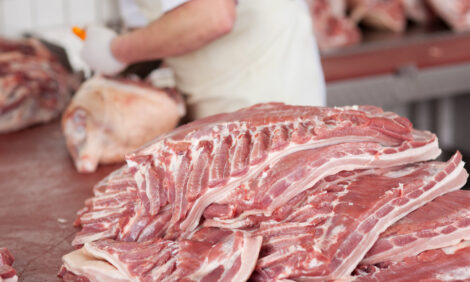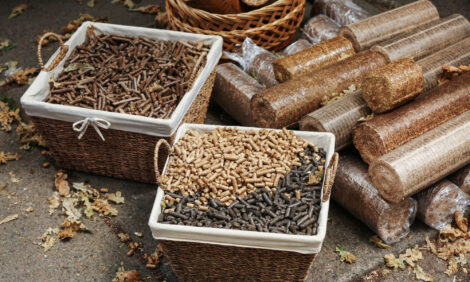



Turkey Producers Feeling Positive about Local Processing
CANADA - Turkey farmers in Nova Scotia are looking forward to a period of greater stability with the opening of the Eden Valley Poultry plant in Berwick.“It is with eagerness, with an added sense of relief, to have Nova Scotia turkeys once again being processed in Nova Scotia,” said Lori Ansems, chairperson of the Turkey Farmers of Nova Scotia, in her report to the group’s 6 March annual meeting in Greenwich.
“Having a federally-inspected plant in Nova Scotia is the biggest and best positive for producers,” added Ms Ansems, who raises turkeys on her Port Williams-area farm.
According to Daily Business Buzz, she is one of 19 registered turkey producers in Nova Scotia, the vast majority of whom are located in Kings County.
“There are a few producers on the South Shore, in Annapolis County and Antigonish, but the greatest concentration of them are here in Kings.”
Ms Ansems said turmoil in the industry began 15 years ago, when Maple Leaf shut down its turkey line in Canard. That was compounded by a similar move by ACA, and then a total plant closure three years ago.
“It left producers wondering where birds would be processed,” said Ms Ansems. Most recently, birds have been shipped to processing facilities in Quebec.
Despite changes in the industry, the number of producers in Nova Scotia has remained relatively stable in the past 15 years. Turkey Farmers of Canada data from 2011 indicates Nova Scotia turkey industry is a valuable rural asset, worth over $8 million to the provincial economy.
The Eden Valley plant in Berwick, which began production last fall, started processing turkeys in January. That will now allow producers a measure of security and the opportunity to focus on other farm management issues.
“Raising live animals continues to be a very expensive endeavor, with big financial risks,” Ms Ansems said. “There are lots of variables to juggle.”
Challenges in the industry include keeping the costs of feed and utilities down and managing on-farm safety and flock care programs.
“Ultimately, we strive to raise the birds healthy and safely,” said Ms Ansems, who pointed out a shorter trip to a local processing facility also reduces stress on the birds.
“It’s a long trip to Quebec. We are now talking about transporting turkeys 20 minutes to half an hour versus 12 hours. It’s a better situation all around.”









